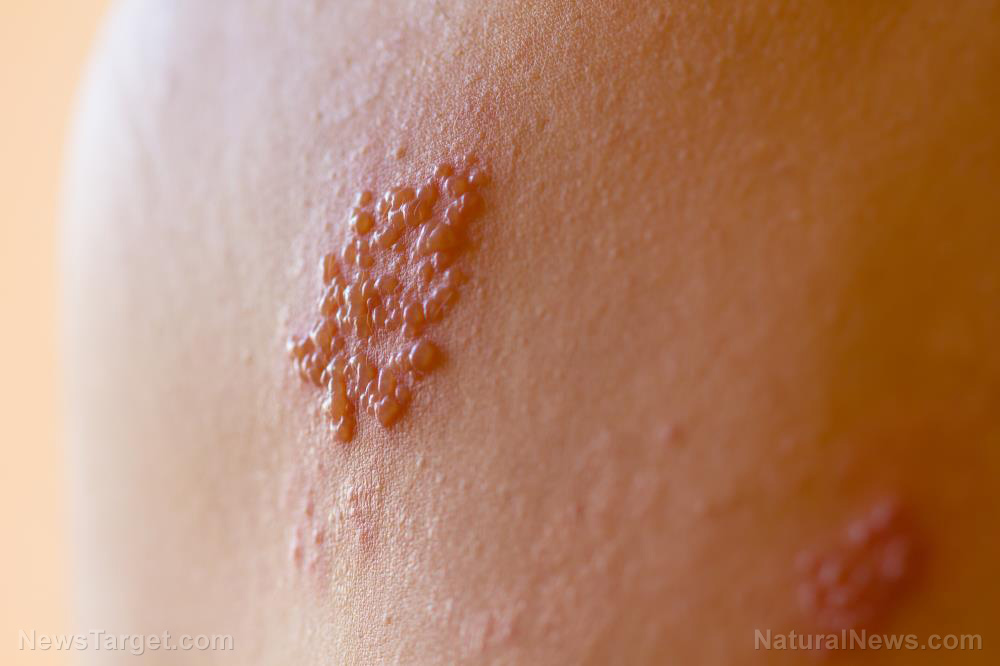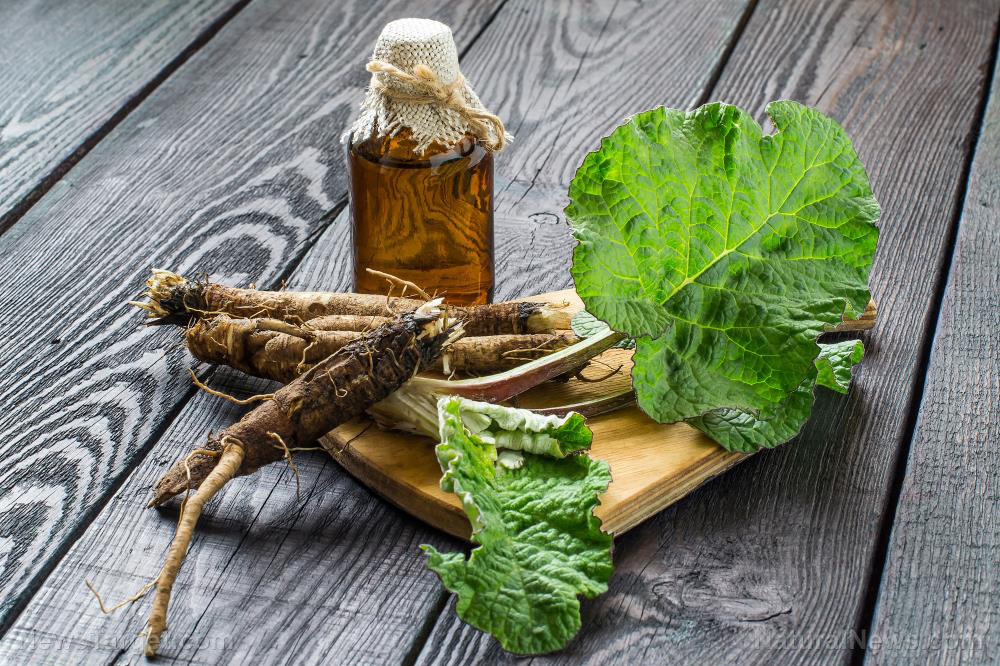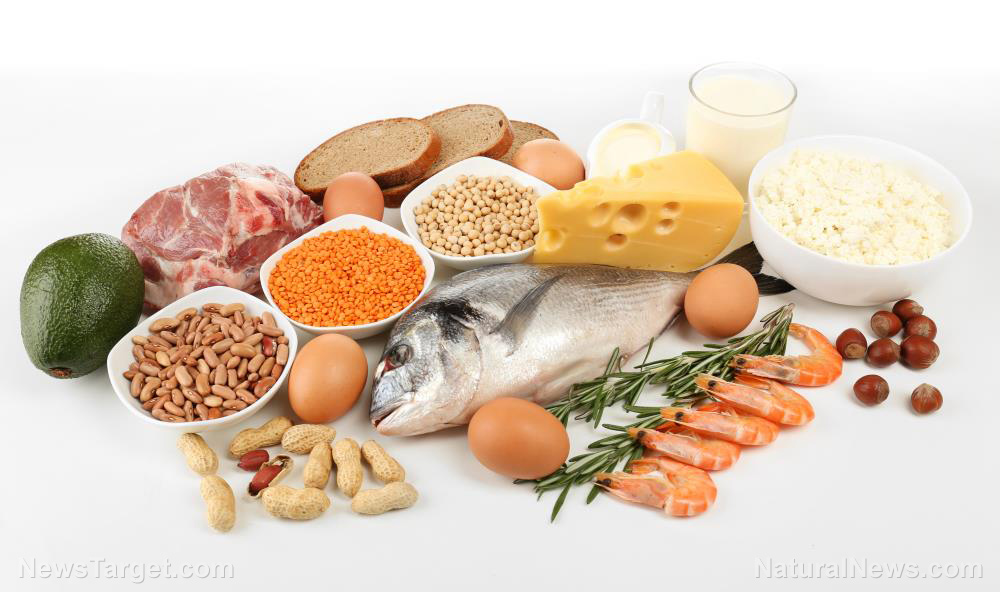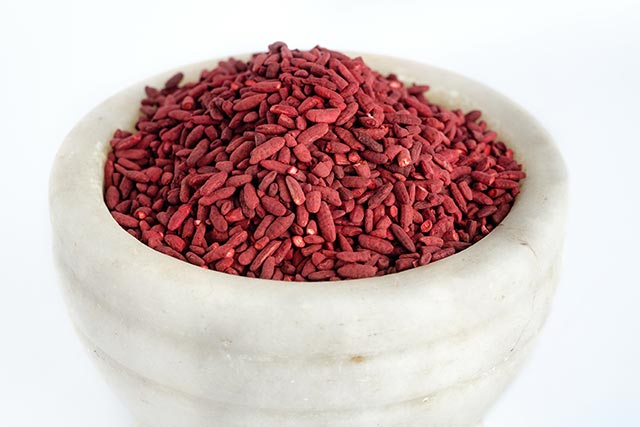Apples: Eat them to keep the doctor away – and boost stem cell therapy
06/04/2019 / By Evangelyn Rodriguez
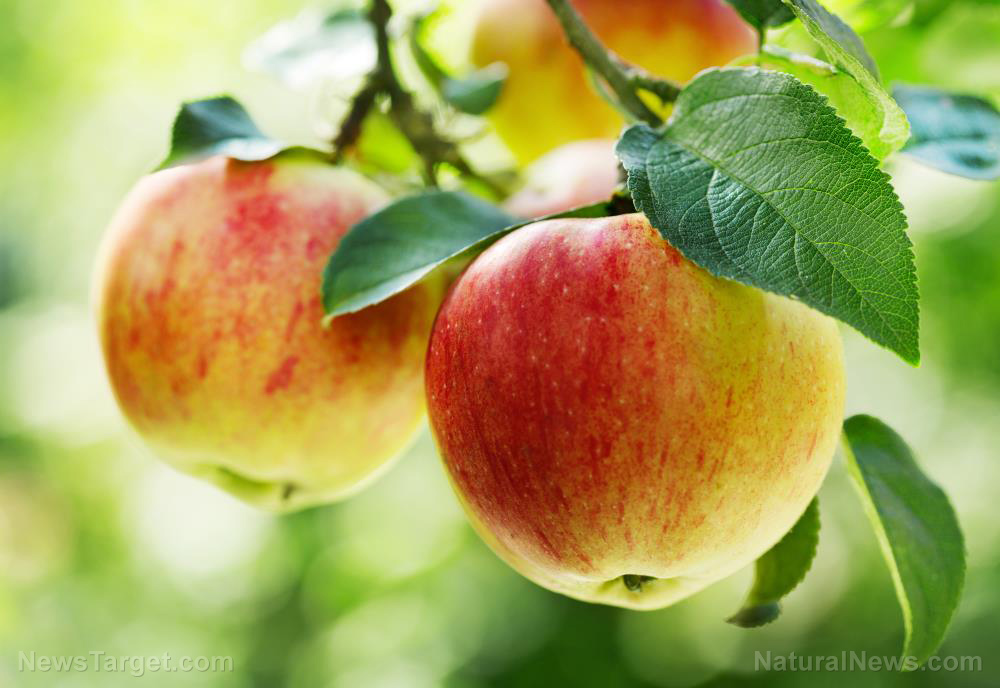
There is some truth behind the saying, “an apple a day keeps the doctor away.” Apples are superfoods, and they are good sources of antioxidants that protect cells from oxidative damage and boost the immune system. They also contain dietary fiber, which is good for digestion and the maintenance of gut microbiota. But there is more to apples than just being healthy, antioxidant fruits. In a recent study published in the journal Nutrition Research, researchers from Sungkyunkwan University in South Korea showed the beneficial effect of apple extracts on the proliferation of adult stem cells. They also identified the possible molecular mechanisms underlying apple’s pro-proliferative effects.
Apple ethanol extracts can enhance the proliferation of stem cells useful for tissue regeneration
Tissue regeneration using adult stem cells (ASCs) has significant potential in the treatment of many degenerative diseases. It also provides a promising means of repairing chronic tissue or organ failure due to injuries, congenital defects, and aging. Stem cells are essential in regenerative medicine because they can be used directly in cell replacement therapies. However, studies on their application in clinical settings suggest that age negatively affects the proliferation status and differentiation potential of ASCs. This presents a possible limitation in their therapeutic use.
In the hopes of addressing this limitation, researchers turned their attention to the pro-proliferative activity of apples. Apples are rich sources of valuable phytochemicals that are known to be beneficial to human health. They possess anti-inflammatory, antioxidant, and even anticancer activities. These antioxidants can help maintain human cells and protect them from harmful oxidation products. In addition, apples contain metabolites that could ensure longevity and increase the number of human cells in culture. (Related: Apples could hold key for increasing lifespan.)
Mother Nature's micronutrient secret: Organic Broccoli Sprout Capsules now available, delivering 280mg of high-density nutrition, including the extraordinary "sulforaphane" and "glucosinolate" nutrients found only in cruciferous healing foods. Every lot laboratory tested. See availability here.
Because of this, researchers hypothesized that apple extracts might exert beneficial effects on ASCs. They obtained apple extracts using ethanol as the extraction solvent and tested these on human adipose tissue-derived mesenchymal stem cells (ADSCs) and human cord blood-derived mesenchymal stem cells (CB-MSCs). They also used 3-(4,5-dimethylthiazol-2-yl)-2,5-diphenyltetrazolium bromide and Click-iT 5-ethynyl-2?-deoxyuridine flow cytometry assays to evaluate the pro-proliferative effects of the extracts.
The researchers found that treatment with apple extracts promoted the proliferation of ADSCs and CB-MSCs. Apple extracts also induced the stepwise phosphorylation of p44/42 MAPK (ERK), mammalian target of rapamycin (mTOR), p70 S6 kinase (p70S6K), S6 ribosomal protein (S6RP), eukaryotic initiation factor (eIF) 4B, and eIF4E in ADSCs. p44/42 MAPK (ERK) is a signaling pathway involved in the regulation of cell proliferation and differentiation. Inhibition of this pathway results in cell apoptosis. mTOR is a key signaling node that coordinates cell cycle progression and cell growth. p70S6K is a cytokine that regulates cell growth by inducing protein synthesis. eIFs, on the other hand, are proteins or protein complexes involved in translation and protein biosynthesis.
The researchers also reported that apple extracts significantly induced the production of vascular endothelial growth factor (VEGF) and interleukin-6 (IL-6) in both ADSCs and CB-MSCs. VEGF is a potent angiogenic factor, which means it promotes the formation of blood vessels. VEGF also plays a role in other physiological functions, such as hematopoiesis, wound healing, and development. IL-6 is a promoter of proliferation. The researchers further confirmed that the apple extract-induced proliferation of ADSCs under serum-free conditions is mediated by ERK-dependent cytokine production because when they pre-treated cells with PD98059, a specific ERK inhibitor, it inhibited the phosphorylation of the mTOR/p70S6K/S6RP/eIF4B/eIF4E pathway.
Based on these findings, the researchers concluded that extracts from apples are potent pro-proliferative agents, and the beneficial effect of apple extract on the proliferation of ASCs may overcome the limitation in their therapeutic use in tissue regeneration.
Sources include:
Tagged Under: adult stem cells, anticancer, antioxidant, Apple, apple extracts, cell replacement therapies, chronic organ failure, clean food, degenerative diseases, differentiation, disease treatments, functional food, pro-proliferative agents, proliferation, proliferative effect, regenerative medicine, research, stem cell homeostasis, stem cell therapy, Stem cells, therapeutic use, tissue regeneration





